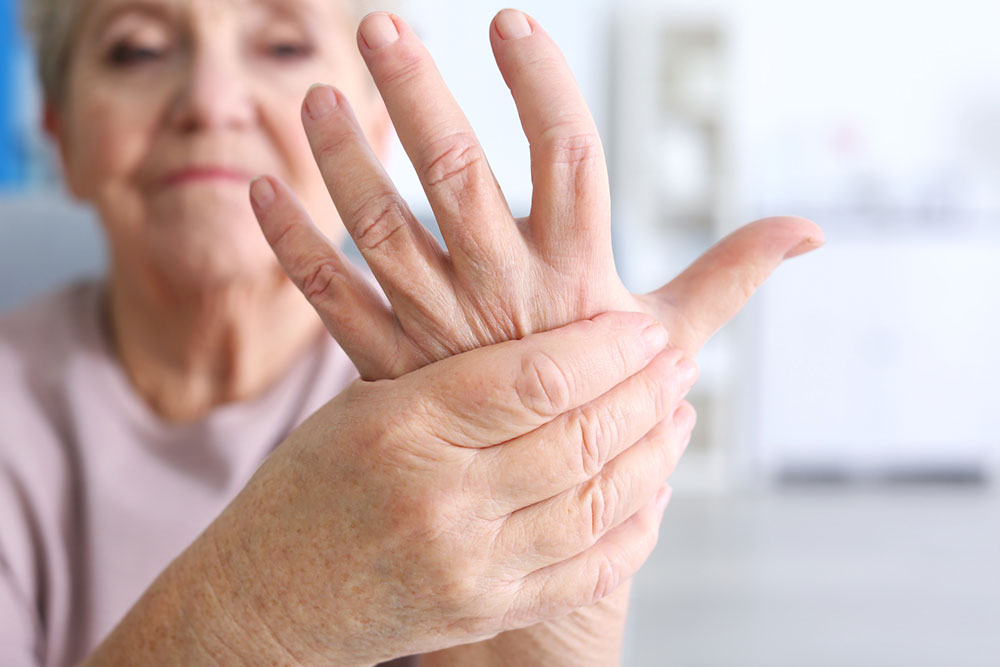
5 lesser-known signs of multiple myeloma
Multiple myeloma is a rare type of cancer that often hides in plain sight, with causes that are unknown. In this, cancerous plasma cells start to accumulate in the bone marrow. While some common symptoms like bone pain, fatigue, and kidney problems are well-known, there are several lesser-known signs of multiple myeloma that individuals should be aware of. Recognizing these signs can lead to early diagnosis and improved treatment outcomes. Recurrent infections One of the lesser-known signs of multiple myeloma is a susceptibility to recurrent infections. Plasma cells play a crucial role in the immune system, and when they become cancerous, they can crowd out healthy cells, weakening the body’s ability to fight infections. As a result, individuals with multiple myeloma may find themselves getting sick more frequently or experiencing more severe infections than they normally would. Nerve problems Nerve-related symptoms can also be indicative of multiple myeloma. As the cancerous cells accumulate in the bone marrow, they can put pressure on nearby nerves. This can lead to tingling, numbness, or weakness in the extremities. In some cases, individuals may even experience difficulty with coordination or balance. Fatigue and weakness Fatigue and weakness are common symptoms in cancer patients but can also be early indicators of multiple myeloma.
Read More 










